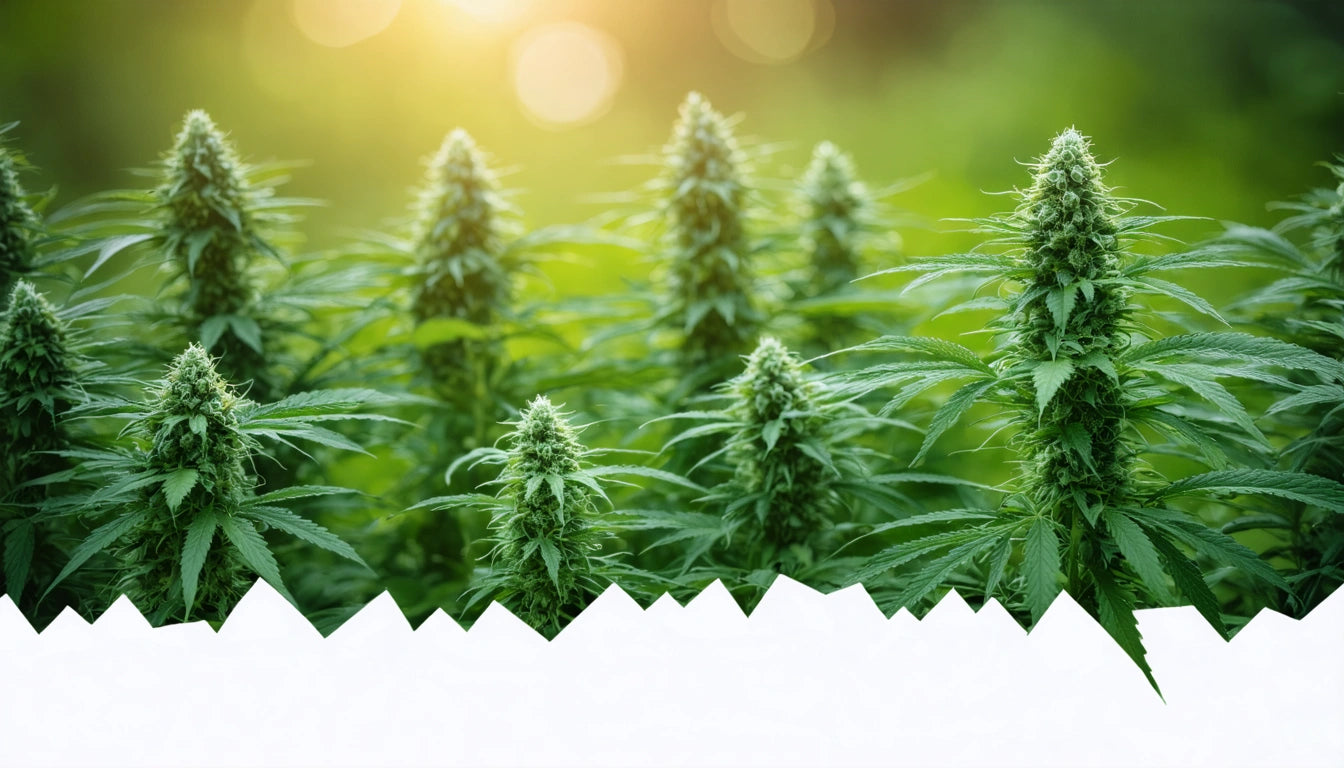- Understanding Cannabis Cultivation Licenses
- General Requirements for Cultivation Licenses
- State-Specific Licensing Processes
- Application Preparation and Submission
- Compliance and Operational Considerations
- Licensing Costs and Financial Planning
- Navigating the Future of Cannabis Cultivation Licensing
How to Obtain a Cannabis Cultivation License: A State-by-State Guide
Securing a cannabis cultivation license requires navigating complex regulatory frameworks that vary significantly from state to state. Whether you're wondering how to get a license to grow weed in New York or how to obtain a cannabis growers license in Florida, this comprehensive guide will walk you through the essential steps and requirements.
Understanding Cannabis Cultivation Licenses
Cannabis cultivation licenses authorize businesses to legally grow cannabis for commercial purposes. These permits are typically categorized by size, ranging from micro-businesses to large-scale operations. Understanding the distinction between medical and recreational cultivation licenses is crucial, as they often have different requirements and limitations.
Before diving into the application process, it's important to recognize that not all states have legalized cannabis cultivation. Currently, 38 states permit medical cannabis cultivation, while fewer allow recreational growing operations.
General Requirements for Cultivation Licenses
While specific requirements vary by state, most cannabis cultivation license applications include:
- Detailed business plans and financial projections
- Background checks for all owners and key personnel
- Proof of capital and financial stability
- Facility plans with security measures
- Environmental impact assessments
- Compliance with local zoning regulations
For those wondering do you need a license to grow weed, the answer is unequivocally yes for commercial operations. Even in states with personal cultivation allowances, commercial growing without proper licensing carries severe penalties.
State-Specific Licensing Processes
How to Get a Grow License in New York
New York's cannabis cultivation licensing program prioritizes social equity applicants and requires:
- Proof of New York residency
- Detailed security and inventory tracking plans
- Environmental sustainability measures
- Community impact statements
The application fee for how to get a license to grow marijuanas in NY typically ranges from $2,000 to $10,000 depending on the cultivation tier, with annual renewal fees.
How to Get a Growers License in Florida
Florida operates under a vertically integrated model, requiring licensees to manage cultivation, processing, and dispensing. Requirements include:
- $5 million performance bond
- Proof of financial capability
- Agricultural nursery registration for at least 30 continuous months
- Technical ability to cultivate cannabis
The limited number of licenses and high capital requirements make Florida one of the more challenging states for obtaining a cultivation license.
How to Get a Cultivation License in Missouri
Missouri's medical cannabis program awards cultivation licenses based on a scoring system that evaluates:
- Character, experience, and criminal background checks
- Business plan viability
- Site security measures
- Economic impact on the local community
Application fees run approximately $10,000 with annual renewal fees of $25,000.
For those seeking detailed guidance on cannabis licensing across different states, consulting state-specific resources is essential as regulations frequently change.
Application Preparation and Submission
Successful license applications require meticulous preparation:
Documentation and Team Assembly
Assemble a team of legal, financial, and industry experts to prepare your application. Comprehensive documentation should include:
- Business formation documents
- Financial statements and funding sources
- Criminal background check authorizations
- Property ownership or lease agreements
- Standard operating procedures
Many applicants wondering how to get a cannabis growing license underestimate the importance of professional assistance. Consider engaging consultants with successful track records in your target state.
Facility Planning and Compliance
Your facility plans must demonstrate compliance with all regulations, including:
- Security systems and protocols
- Waste management procedures
- Quality control measures
- Inventory tracking systems
Proper storage solutions such as specialized mylar bags for harvested cannabis are essential components of your operational plans, demonstrating compliance with preservation and contamination prevention requirements.
For aspiring cultivators in Minnesota, this state-specific guide provides tailored information on the licensing process.
Compliance and Operational Considerations
Once licensed, maintaining compliance requires ongoing vigilance:
Tracking and Reporting
All licensed cultivators must implement seed-to-sale tracking systems and regularly report:
- Plant counts and harvest yields
- Transportation manifests
- Sales and transfers
- Waste disposal
Security and Quality Control
Maintaining robust security and quality control protocols is essential for license retention. This includes:
- 24/7 video surveillance
- Access control systems
- Testing for potency and contaminants
- Employee training programs
For those looking to enter the cannabis industry in cultivation roles, understanding these compliance requirements is crucial for career advancement.
Licensing Costs and Financial Planning
Financial planning for cannabis cultivation licensing should account for:
Application and Licensing Fees
State fees vary dramatically:
- Application fees: $2,000-$60,000
- Initial license fees: $5,000-$200,000
- Annual renewal fees: $1,000-$100,000
Capital Requirements
Beyond licensing fees, substantial capital is needed for:
- Facility acquisition/construction
- Equipment purchases
- Security systems
- Initial operating expenses
For those with limited capital wondering how to get a permit to grow weed, consider starting with smaller operations in states with lower barriers to entry or exploring partnership opportunities with existing license holders.
California cultivators face unique challenges and opportunities, as detailed in this guide to California cultivation licenses.
Navigating the Future of Cannabis Cultivation Licensing
As the cannabis industry evolves, cultivation licensing continues to adapt. Emerging trends include:
- Increasing emphasis on social equity programs
- Growing focus on environmental sustainability
- Interstate commerce preparation
- Standardization of operating procedures
For home growers in legal states, this comprehensive guide to home cultivation provides valuable insights, though commercial growers should always obtain proper licensing.
Whether you're exploring how to get a weed growing license for a small craft operation or planning a large-scale cultivation facility, understanding the specific requirements in your target state is the first step toward successful licensure. With proper planning, adequate capital, and attention to compliance details, obtaining a cannabis cultivation license is challenging but achievable in states with legal frameworks.











Leave a comment
All comments are moderated before being published.
This site is protected by hCaptcha and the hCaptcha Privacy Policy and Terms of Service apply.